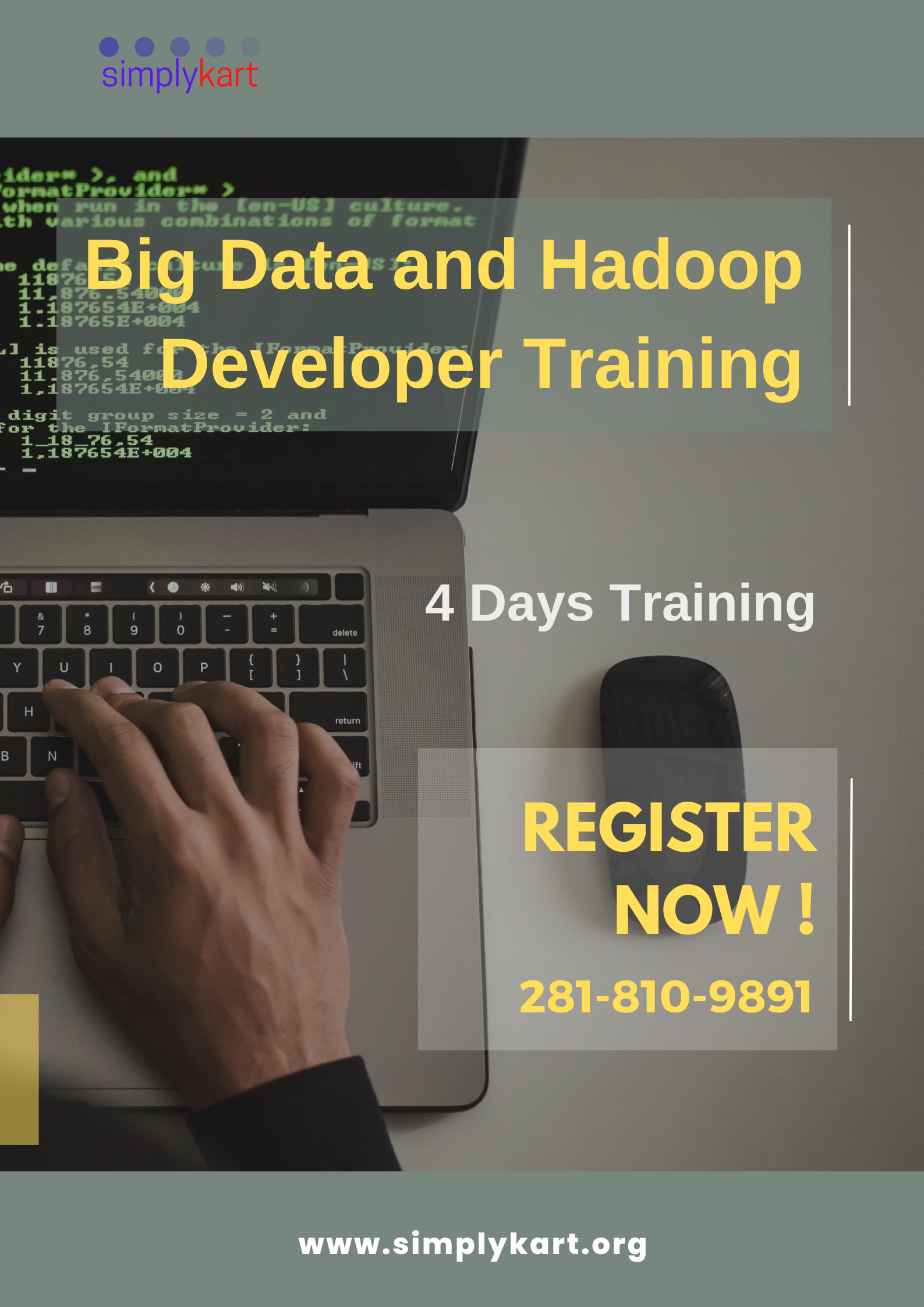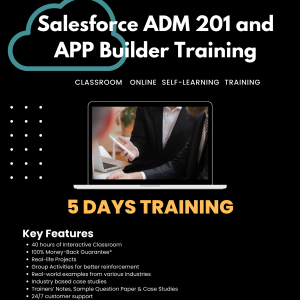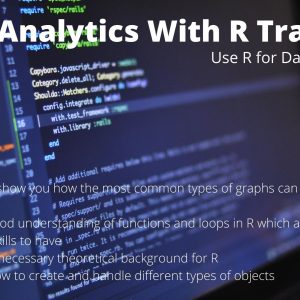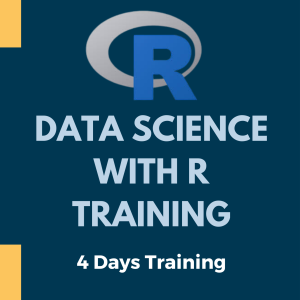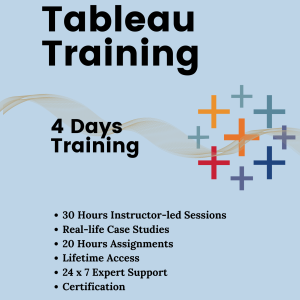Price range: $499.00 through $2,099.00
Simplykart’s industry-aligned Big Data and Hadoop Developer Training equips IT and data professionals with hands-on mastery of Hadoop ecosystem components and Apache Spark. Updated for 2025, this 56-hour blended course features real-life projects across sectors and rigorous certification preparation for Cloudera CCA175, empowering professionals to transform data into actionable insights.
We conduct classroom training across the state—customers can share their email address and location to confirm the training schedule in their city.
Description
Big Data and Hadoop Developer Training
Master the evolving world of Big Data and Hadoop with Simplykart’s comprehensive Big Data and Hadoop Developer Training. Designed for IT and data professionals, this course meticulously covers essential components of the Hadoop ecosystem, including Hadoop 3.x, YARN, MapReduce, Pig, Hive, Impala, HBase, Sqoop, Flume, and Apache Spark. Updated for 2025 industry standards and trends, our program offers practical, hands-on experience through real-life projects from banking, telecommunications, insurance, and e-commerce sectors, equipping you for Cloudera CCA175 certification and beyond.
Why Choose Simplykart’s Big Data and Hadoop Training?
-
Industry-Aligned Curriculum: Courses updated to reflect current Big Data technologies and Cloudera CCA175 exam requirements.
-
Hands-On Learning: Real-world projects, ensuring practical skills grounded in industry scenarios.
-
Flexible Delivery: Options for instructor-led classroom or live online sessions, complemented with 24 hours of self-paced e-learning.
-
Expert Instructors: Certified professionals with extensive Big Data and Hadoop implementation experience.
-
Certification Preparation: Integrated exam-focused content, mock tests, and application support.
-
Ongoing Support: Lifetime access to learning materials and 24/7 learner support.
What You Will Learn
-
Deep understanding of Hadoop ecosystem components, including HDFS, YARN, and advanced MapReduce concepts.
-
Mastery of data ingestion with Sqoop and Flume and querying tools like Hive and Impala.
-
Working knowledge of HBase architecture, data modeling, and NoSQL operations.
-
Functional programming with Apache Spark, RDD optimization, Spark SQL, and interactive algorithms.
-
Execution of large-scale real industry projects showcasing domain-specific Big Data applications.
-
Preparation to successfully sit and pass the Cloudera CCA175 certification exam.
Who Should Attend
-
Software developers and data architects
-
Analytics and data management professionals
-
IT project managers and senior IT staff
-
Business intelligence analysts
-
Aspiring data scientists and engineers
-
Graduates seeking specialized Big Data roles
Course Format and Features
-
32 hours live instructor-led training (online or classroom)
-
24 hours self-paced digital learning
-
Five industry-specific hands-on projects replacing external lab environments
-
Downloadable courseware, exercises, and real-world case studies
-
Exam preparation workshops and four mock exams
-
Cloudera CCA175 exam aligned at every stage
-
Lifetime course access with 24/7 support
Key Course Modules
-
Introduction to Big Data and the Hadoop Ecosystem
-
Hadoop Architecture and HDFS Deep Dive
-
Installation & Configuration of Hadoop Clusters
-
Resource Management with YARN and MapReduce Essentials
-
Advanced HDFS Management and MapReduce Joins
-
Data Processing with Pig Latin
-
Querying Big Data via Hive and Impala
-
NoSQL with HBase: Architecture and Operations
-
Integrating Hadoop Ecosystem Components: Sqoop, Flume, and ZooKeeper
-
Apache Spark: Functional Programming, RDDs, Spark SQL, and Performance
-
Hadoop Administration, Monitoring, Security, and Troubleshooting
-
Real-Life Project Execution and Exam Strategies
Enrollment and Certification
-
Certification: Receive a Simplykart completion certificate and qualify for the Cloudera CCA175 examination.
-
Exam: Cloudera CCA175 certification exam fee can be taken independently; Simplykart prepares you rigorously for exam success.
-
Prerequisites: Basic Java knowledge recommended; Simplykart provides access to a complimentary Java Essentials course.
-
Support: Application assistance, exam readiness coaching, and continuous learner support available.
FAQ
Is Java knowledge mandatory?
While not mandatory, familiarity with Java enhances learning. Free access to a Java essentials course is offered.
Can I attend virtually?
Yes, with live instructor-led online training worldwide.
What if I miss a session?
All sessions are recorded and available for review.
Is there a money-back guarantee?
Yes, subject to terms. Contact Simplykart support.
Are group enrollments supported?
Yes, contact us for group rates and custom corporate packages.
Recommended Resources and Links
-
Data Science and Analytics Training — Complement Big Data skills with analytics expertise
-
Project Management Certifications — Manage technical projects with confidence
Register with Simplykart
Elevate your Big Data career with Simplykart’s expert-led Hadoop Developer Training. Call +1 832-548-1234 or email support@simplykart.org for enrollment details, batch schedules, and corporate training options.
Additional information
| Training Type | Classroom Training, Online Instructor Led, Online Self Learning |
|---|---|
| Time | 9 AM – 5 PM (Local Time), 9 AM – 5 PM (Central Time), NA |

